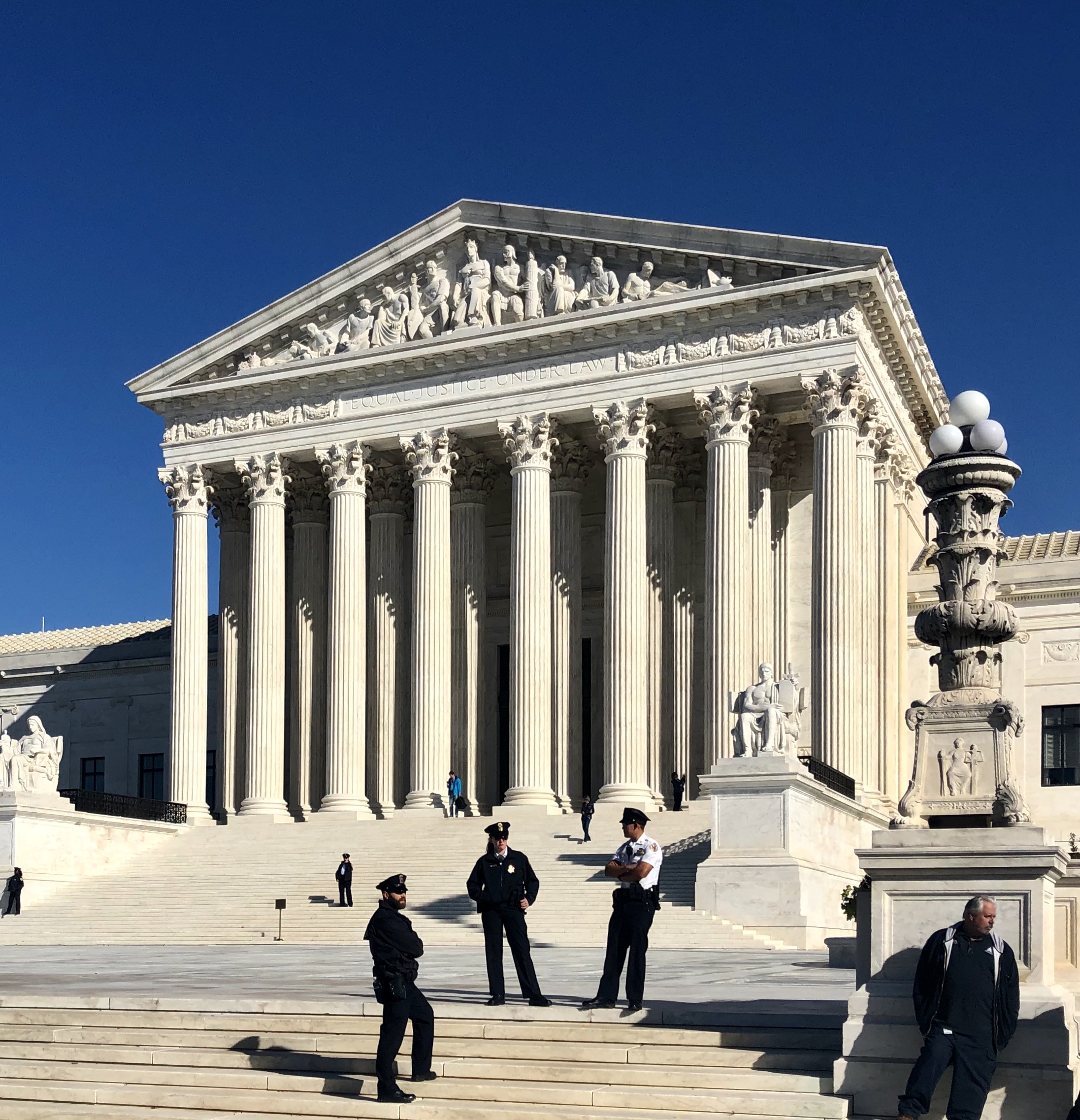House Transparency Bill Puts a Spotlight on FTC “Fixes”
Broadcast access, PACER reform included in wide-ranging Transparency in Government Act
 Fix the Court is praising Reps. Mike Quigley (D-Ill.) and Eleanor Holmes Norton (D-D.C.) for including several judiciary fixes in their newly introduced Transparency in Government Act.
Fix the Court is praising Reps. Mike Quigley (D-Ill.) and Eleanor Holmes Norton (D-D.C.) for including several judiciary fixes in their newly introduced Transparency in Government Act.
The bill includes provisions for televising Supreme Court proceedings, livestreaming audio recordings of oral arguments and posting financial disclosures of judicial officers online. It would also require PACER to provide records for free and the GAO to audit the unwieldy records access system. Fix the Court’s executive director supported the inclusion of these provisions in the bill.
“It’s high time the federal courts join the 21st century. Broadcast access to the courtroom and electronic access to public records are hallmarks of transparency in the modern era, and there’s no reason for the federal courts to demur from adopting these basic measures,” ED Gabe Roth said.
The courts remain resistant to these reforms. At a recent House hearing, representatives from the Judicial Conference argued against increased broadcast access, despite positive feedback from state courts and federal appeals courts that implemented it. They also contended, without any evidence, that eliminating fees for PACER would cost the judiciary $159 million annually, an outlandish amount compared to the $15-$20 million in estimated actual costs.
Rep. Quigley has introduced the Transparency in Government Act several times before, most recently in Nov. 2017. “I am proud to lead this effort that will restore the public’s trust in our government,” he said of the most recent introduction.
In its current form, the bill compels the Supreme Court to allow any open sessions – i.e., oral arguments and opinion announcements – to be televised except “by a vote of the majority of justices” that such coverage “would constitute a violation of the due process rights” of a litigant. Audio of oral arguments, currently released at the end of the week, would be livestreamed on SupremeCourt.gov.
The bill would require the Judicial Conference to post electronic files of judges’ and justices’ financial disclosure reports. These reports are currently available on request but typically take months, or even years, to obtain.
Quigley’s measure would make these files “searchable, sortable, downloadable, and [in a] machine-readable format” within two days of filling. That would be a marked improvement over the compressed, un-searchable files currently made available after a lengthy process.
Lastly, the bill would require the GAO to audit of PACER and would require various additional reforms to the system. PACER has been the subject of significant controversy in recent years, facing lawsuits for charging excessive fees and criticism for its complicated user interface. As court records expert Seamus Hughes of George Washington University has commented, “Limiting the public’s access by charging hefty fees, [PACER] has been a scam since it was launched and, barring significant structural changes, will be a scam forever.”
The PACER reforms would also require consolidated case management filings, improved general accessibility and that documents be provided free of charge in a text-searchable and machine-readable format. These reforms would reduce the undue burden on the public to access public documents.